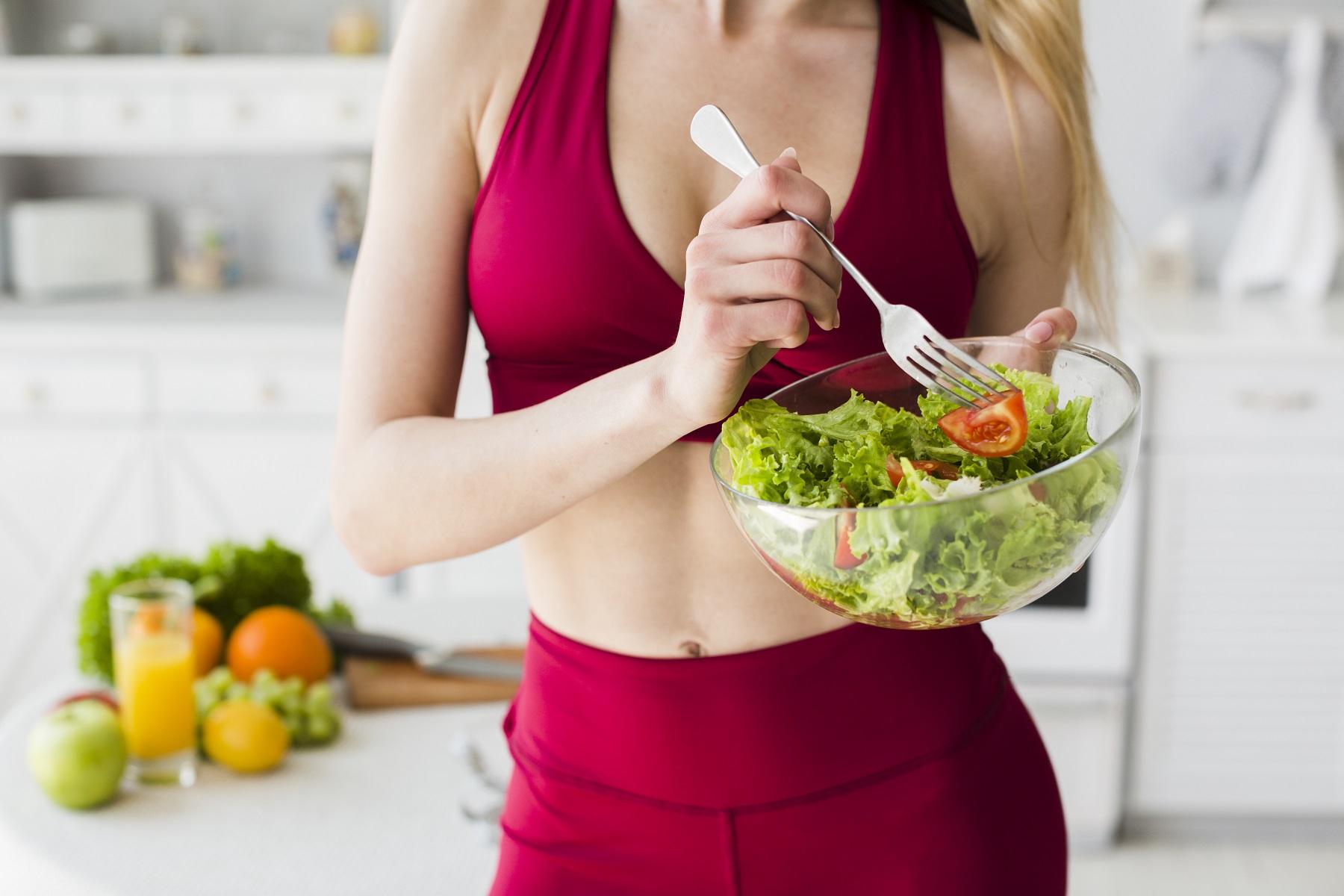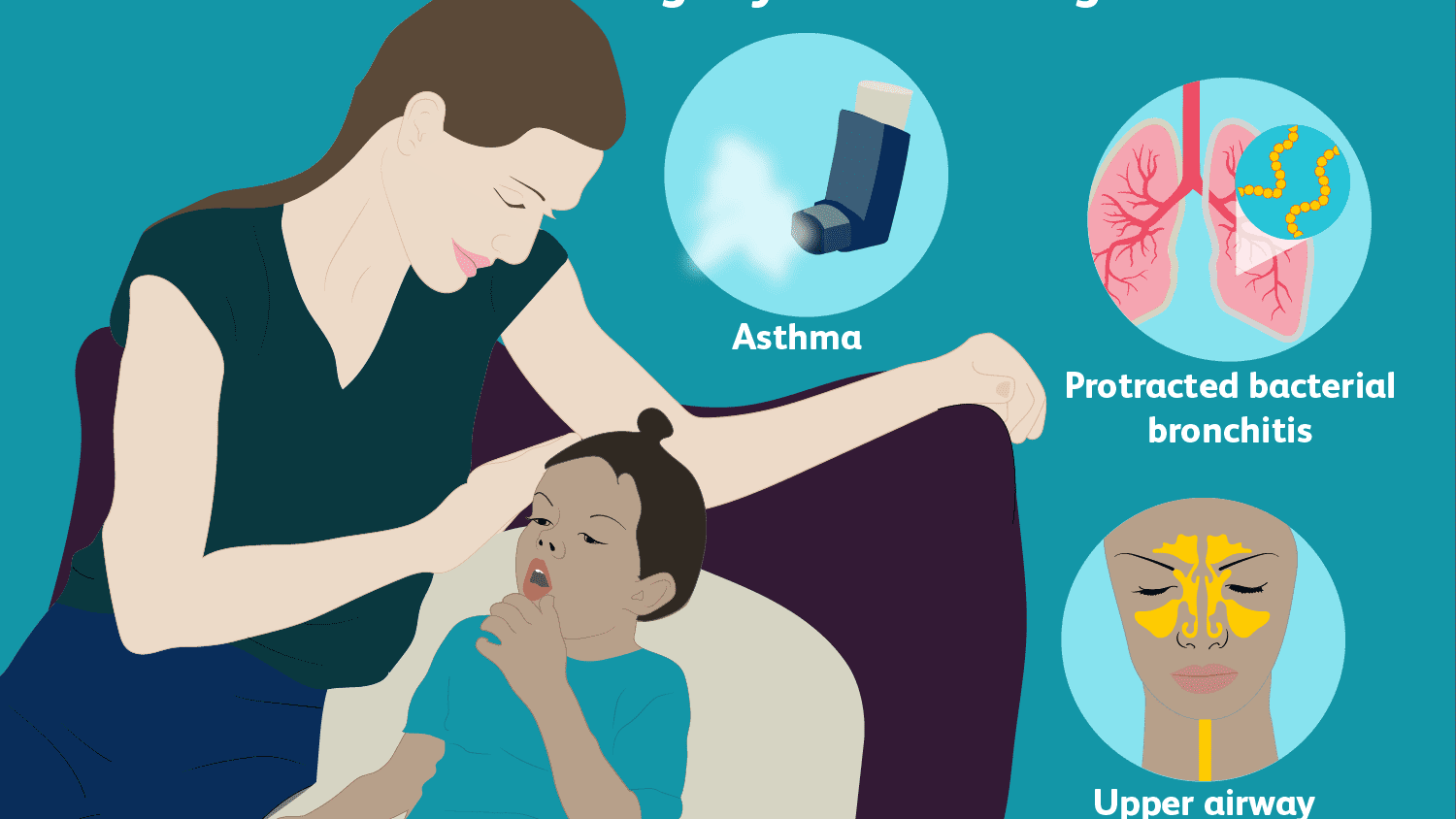Thinking of going vegan but worried about its effects on your athletic pursuits? All athletes know that a high-protein diet is crucial to building muscle, and the source of this protein is usually meat. A vegan diet would thus seem incompatible with a highly active, athletic lifestyle. Nevertheless, this is not impossible! If you are a vegan athlete looking to optimise your performance, be sure to keep the following nutritional tips in mind:
Watch your intake
Plant-based foods cause people to reach satiety earlier and to feel full faster. This can lead to complications with athletes who wish to bulk and are required to maintain a caloric surplus, or those who tend to have a higher metabolic rate. Basically, you run the risk of not eating as much as you think you are. Vegan diets also tend to have lower fat, protein and vitamin(e.g. calcium, vitamin B12) content compared to their omnivorous counterparts. If vegan athletes do not pay attention to the specific details of their diet, they are likely to fall into a caloric deficit or nutrient deficiency and suffer from its effects.
Track your protein
All athletes know the importance of protein. While vegan diets do feature a fair bit of plant-based protein, they are often “incomplete” as they lack certain essential amino acids and micronutrients which are crucial for our body. To combat this, vegans need to closely monitor their intake of individual nutrients and consciously plan to consume an adequate amount of each of these nutrients. For example, vegans might need to consume additional seeds and chickpeas to make up for the lack of branched chain amino acids (which are readily available in meat products). Alternatively, supplements can also be considered.
Consider the digestibility of plant-based proteins
Another potential problem of plant-based diets is that a portion of your protein intake might not be digested all that well by your body, causing the actual amount of protein absorbed by your body to be lower than what was consumed. This further exacerbates the problem of malnutrition and necessitates that vegans consume additional protein to make up for the “hidden loss”. As a vegan, counting your protein intake alone is not enough; its digestibility must also be accounted for to give a more accurate picture of your nutritional profile. To be safe, you can try aiming for 20% above your baseline protein intake.
Being a vegan athlete can be very challenging, but know that it is entirely possible to thrive in such an environment. However, you must be prepared to pay more attention to your intake of energy and nutrients. Nevertheless, with adequate effort and proper monitoring, you’ll be able to keep up with the competition on the field without having to compromise on your stance with food!



